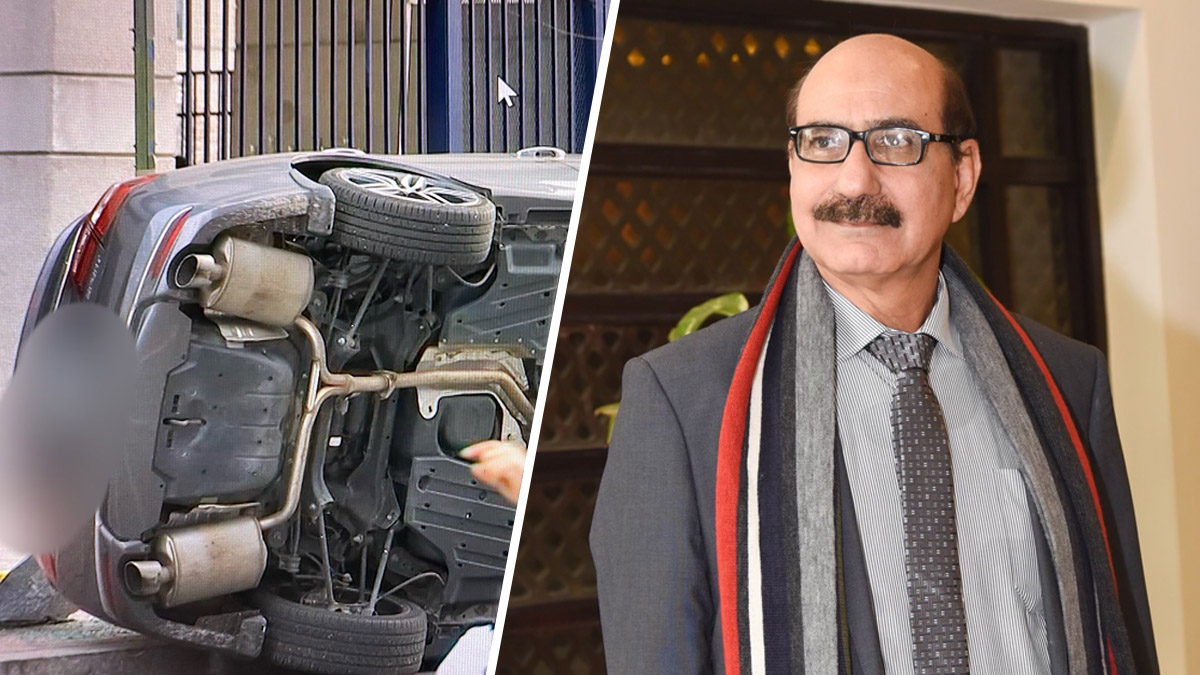I swear you and I had a couple arguments about whether or not black people supported tougher policing back in 1994 lol
We probably did. Lol.
I wonder if we talked about these articles.
Black Americans Supported the 1994 Crime Bill, Too
Analysis: Black Leaders Supported Clinton's Crime Bill
Did Blacks Really Endorse the 1994 Crime Bill?
"There’s no question that by the early 1990s, blacks wanted an immediate response to the crime, violence and drug markets in their communities. But even at the time, many were asking for something different from the crime bill. Calls for tough sentencing and police protection were paired with calls for full employment, quality education and drug treatment, and criticism of police brutality.
It’s not just that those demands were ignored completely. It’s that some elements were elevated and others were diminished — what we call selective hearing. Policy makers pointed to black support for greater punishment and surveillance, without recognizing accompanying demands to redirect power and economic resources to low-income minority communities."
"Flash forward to the Clinton era. As soon as Chuck Schumer, Joseph R. Biden Jr. and others introduced their bipartisan crime bill in September of 1993, groups representing black communities pushed back. The N.A.A.C.P. called it a “crime against the American people.”
While supporting the idea of addressing crime, members of the Congressional Black Caucus criticized the bill itself and introduced an alternative bill that included investments in prevention and alternatives to incarceration, devoted $2 billion more to drug treatment and $3 billion more to early intervention programs. The caucus also put forward the Racial Justice Act, which would have made it possible to use statistical evidence of racial bias to challenge death sentences.
Given the history of selective hearing, what followed was no surprise. Black support for anti-crime legislation was highlighted, while black criticism of the specific legislation was tuned out. The caucus threatened to stall the bill, but lawmakers scrapped the Racial Justice Act when Republicans promised to filibuster any legislation that adopted its measures.
In final negotiations, Democratic leadership yielded to Republicans demanding that prevention (or “welfare for criminals” as one called it) be sliced in exchange for their votes. Senator Robert Dole insisted that the focus be “on cutting pork, not on cutting prisons or police.” The compromise eliminated $2.5 billion in social spending and only $800 million in prison expenditures.
This presented black lawmakers with a dilemma: Defeating the bill might pave the way for something even more draconian down the line, and lose critical prevention funding still in the bill. Ultimately, 26 of the 38 voting members supported the legislation. But those who broke ranks did so loudly: As Representative Robert C. Scott of Virginia explained, “You wouldn’t ask an opponent of abortion to look at a bill with the greatest expansion of abortion in the history of the United States, and argue that he ought to vote for it because it’s got some highway funding in it.”
Mr. Scott had it right: The bill allocated federal funds for up to 75 percent of the cost of new prisons, defined 60 new capital offenses, constricted inmates’ access to higher education and introduced 100,000 more police officers. Less than a quarter of the funding went to prevention programs. Over two decades later, this legislation continues to shape the lives of millions of African-Americans, overwhelmingly for the worse. This legislation further entrenched the idea that vulnerable urban communities are best managed through harsh punishment and heightened surveillance"
It looks like Black politicians did support they Crime Bill, but the version they supported had funds for diversion and other programs that didn't involve locking people up.
The final version of the bill cut out a lot of what the CBC wanted, in order to gain GOP support and overcome a filibuster.
 tough break
tough break


